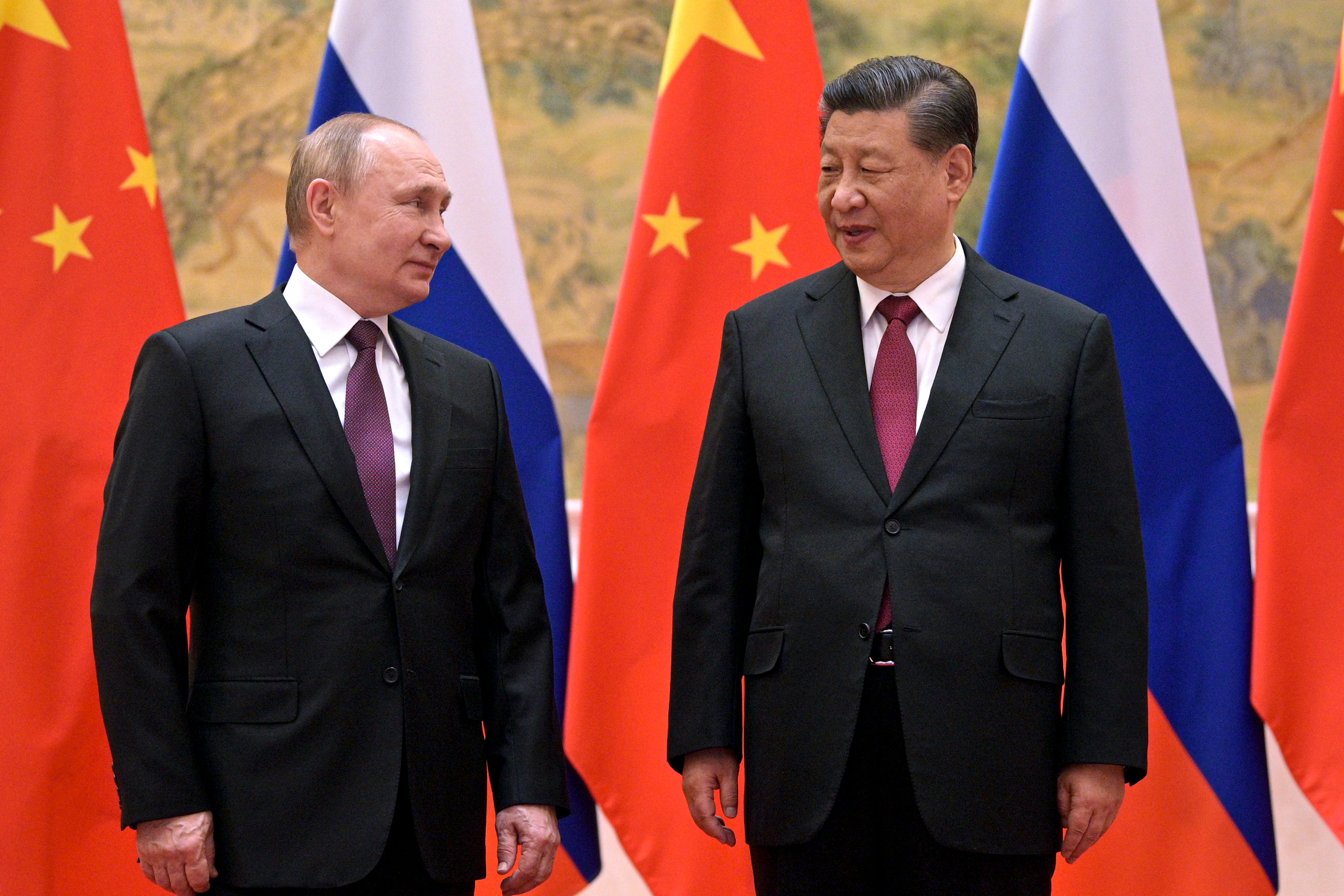Mikhail Gorbachev helped make China the power it is today
Beijing viewed liberalisation with dismay and vowed not to repeat the mistake, as Sean O’Grady explains


Mikhail Gorbachev had a revolutionary global impact, and the reverberations of his actions are still being felt. Much has been spoken about his role in reforming Russia, ending communism, freeing central and Eastern Europe, and ending the Cold War. He ranks with Nelson Mandela as an agent of peaceful change.
Much less remarked upon is how he influenced events in the “other” communist superpower, the People’s Republic of China. There, Gorbachev was regarded not as some sort of secular saint but as a rash, even foolish man. As they observed the internal effects of perestroika and glasnost, followed by the chaotic dismantling of the USSR, the gerontocrats of Beijing reached their own conclusions about the Gorbachev method of progress.
It is telling and poignant that the Tiananmen Square protests in 1989 were partly inspired by Gorbachev’s policies and the freedom movements that were springing up in the communist Eastern bloc. Indeed, one of the main reasons why Deng Xiaoping and his fellow Politburo members wanted the students, artists and workers out of the square was that Gorbachev was coming, and they feared unrest and severe loss of face.
Unlike Gorbachev, who was mostly reluctant to spill blood, Deng had no compunction about crushing dissent in the most violent manner. One of the most enduring images of the 20th century remains the unarmed Chinese student standing in front of a tank. The square was cleared. Gorbachev, observing events, remarked to his entourage: “I do not want the Red Square to look like Tiananmen Square.”
Beijing concluded that Gorbachev had “put the cart before the horse”. China’s Communist Party (CCP) had slowly and cautiously implemented its own reforms of state socialism almost a decade before Gorbachev had made any progress in opening up the Soviet planned economy.
The Chinese had first experimented with “special enterprise zones”, such as the one in Shenzhen, next door to freewheeling capitalist Hong Kong. They carefully invited Western companies to invest in China, and thus import their technology and train Chinese workers, but limited their participation and freedom of action via “joint ventures”, in which Chinese state entities retained control.
Above all, the Chinese pursued economic change without political reform. The CCP ensured that the territorial integrity of the state, and its aspiration to unite Macao, Hong Kong and Taiwan, would not be sacrificed to any economic, financial or business interest. China was reforming its economy to become the workshop of the world, and an economic superpower, in order to strengthen the CCP at home and abroad. It looked on with dismay as the USSR, a nuclear superpower supposedly the equal of the United States, disintegrated.

In Russia, the economy soon fell apart. The “Wild East” years under Boris Yeltsin only served to cement the Chinese determination to avoid Gorbachev’s errors. China would go capitalist, but it would defy the likes of Margaret Thatcher, who argued that economic freedom and market forces can only function in an atmosphere of political freedom. In China, economic freedom and political freedom did not go together – as Hongkongers, Uyghur Muslims and Tibetans can readily testify.
Who was right? Deng or Gorbachev? Economically, there is no contest. China, allowing for the vicissitudes of exchange rates, is the largest economy on the planet, a pre-eminent industrial power, and a trading nation with tremendous financial muscle. Russia’s economy, even before it was crippled by sanctions, is of a similar size to that of Belgium.
China has constructed a global network of economic influence stretching from Barbados to Afghanistan to New Zealand – the Belt and Road Initiative, arguably the largest neocolonial project in history. Vladimir Putin, by contrast, is pursuing a policy of old-fashioned 19th-century imperialism – crude territorial expansion with, at best, mixed results.
The two powers have long been rivals. Mao Zedong resented being patronised by his Russian “mentors” as the junior partner in the world socialist movement. The Sino-Soviet split of 1961 was as much about geopolitical rivalry as it was about revisionist arguments over Stalinism (the Chinese declined to denounce the old monster, refusing to follow the example set by Nikita Khrushchev).
They have gone their separate ways almost by instinct, and it is Russia, on this long view, that is losing power and influence – a decline accelerated by Gorbachev’s policies. Today, Putin’s Russia needs Xi’s China more than the other way round, not least to prevent humiliation in Ukraine. That’s probably not the outcome Gorbachev desired.
Join our commenting forum
Join thought-provoking conversations, follow other Independent readers and see their replies
Comments
Bookmark popover
Removed from bookmarks